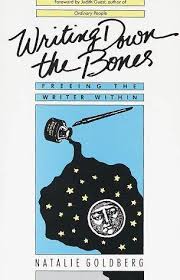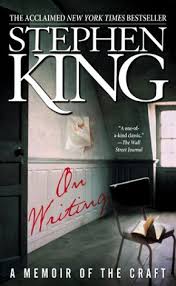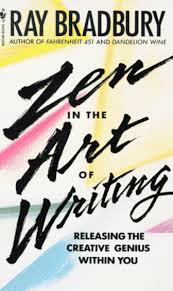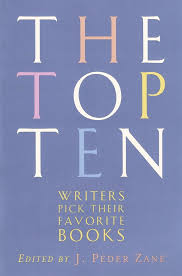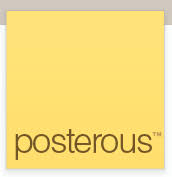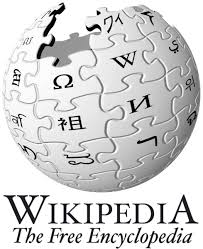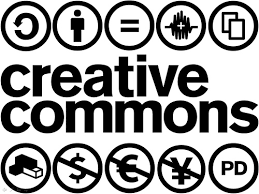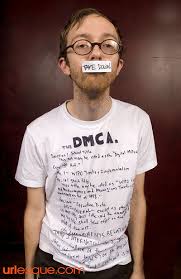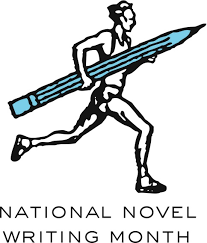Writers wear many hats. A writer must be 1. an entrepreneur, 2. an editor, 3. a marketing/PR representative, 4. a salesman and 5. a project manager. (Also, it helps sometimes to be a blogger or a journalist, a tweeter or a social networker ... but these are not requirements of the craft.)
It helps for beginning writers, myself included, to think of themselves as both aprentices of a great craft and project managers of their own destiny.
Project Management for a writer is the understated necessity of accessing all of your resources to bring your projects into fruition. How much time will it take to produce a first draft? Do you have all of the physical resources you need for the draft: Paper, Pens, Typewriters, Computers, Printers, Ink, Software? If you do not have all of the resources you need -- how much time will it take to acquire them.
Most beginning writers focus on backend project management, the aftermath, more than they do the frontend project management. Frontend project management for a writer is how to protect their unfinished projects while Backend project managment for a writer is how to protect their finished works.
Some writers prefer a bit more solitude than others. Nonetheless, the process of producing and distributing art from conception to display requires much more than the sole artist herself. All beginners are eager to share their project ideas. And, the truth is -- you have to share them with someone. So each writer must walk a balancing act of secrecy and exposure in order to incubate their ideas long enough to produce solid works.
1. To Mentee or Not To Mentee
The first Two Decades of my life seemed to be an unending search for a mentor. I have always been surrounded by peers much more disciplined, talented and intelligent than myself. And, I have had world class teachers at every stage of my educational career. But, I longed for a one-on-one connection with someone - anyone - an intergenerational relationship with someone who could teach me, and instruct me.
I thought that mentorship was the answer. It is always feched as the answer to innercity plight and/or African American dilemmas. We need more fathers! We need more role models! Similar chants are often heard from primary education to higher education, from churches to boardrooms.
A few years ago, I heard Paul Robeson, Jr. speak for the first time. The opening line of his talk was about how a person does not need a mentor. His point was not against the value of mentoring or valuable intergenerational relationships; his message was that a mentor cannot do your work for you. You must work for yourself.
The first step of a writer protecting his own projects is to stop searching for mentors. Mentors choose their mentees, anyhow. It's never the other way around.
2. Finish What Needs To Be Finished
Each writer needs to understand the timeline that is accepted in their area of expertise.
Novelists must finish the novel. (The only exception is that if you write one novel, you may get a 2 or 3 book contract before the second or third book is finished.)
Nonfiction authors do not need to finish their book prior to receiving a book contract. However, they often need to have qualifications before they can get an agent, let alone a publisher. Eventhough you do not need to finish the nonfiction book, you do need to finish the articles, the essays, the blogs and the book proposal.
Poets must determine what works best for them. Spoken Word CDs or Chapbooks. Traditional publishers, small publishers or vanity presses.
Screenwriters can be requested to write a screenplay based off of an idea. This seems to be exclusively for dues-paid professionals. Beginning screenwriters need to have their projects finished first.
3. Protect Your Projects
Writers should learn to promote themselves. Even if it simply means standing up at a lectern during a book tour. But timing is everything.
Writers must determine who they can talk to at various stages of their working process.
Phase One: Concepts and Ideas
A newspaper clipping. A line from another poet. A lyric from a song on the radio. An epigraph in a book. Ideas can be found everyday, everywhere. You shouldn't talk about your unfinished concepts to anyone. Maybe your spouse, maybe your editor. Maybe.
Phase Two: Writing the First Draft
Even when you are writing your first draft, you may get tired of your own story if it takes years to finish. Talking to others first will only drain you. Every writer will tell you the same -- perhaps, if you are like me, you will not believe them. Don't say I didn't warn you.
Phase Two: The Second to Zillionth Draft
Now you may talk to a selected few. Maybe your spouse if she helps. If he can help. Maybe your agent or your editor depending on the relationship that you have with him. Or her. Maybe you will take your first draft to your writing group for peer edits, comments and reviews. Maybe you have a professor that you can talk with.
We are still in the maybe phase. Maybe.
Don't tell your family. Don't tell your friends. Don't tell your random lovers. Don't tell random famous writers who you do not know personally. Trust me, just don't.
Edit the damn drafts.
Phase Three: To Agent and Publisher
Now, the only people who can really help you are your agents, your editors... and maybe your writing group.
Phase Four: Pre-Publication
Once you have an agent, once you have an editor, once the book cover has been selected and the marketing plan (from the corporation... and your own personal efforts) have been designed, once the product is actual a product, now you can talk. And, by all means, talk all day long to whoever will listen.
But to speak of your projects before Phase Four is asking for catostrophic distasters. The next step of protecting your self as a writer is, "Protecting your Internet Intellectual Property."


